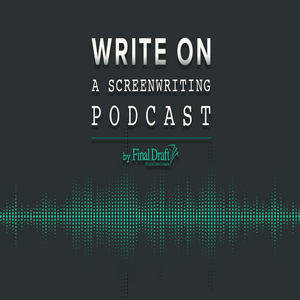"I love adaptations. The beauty of adaptation, especially a classic, like Shakespeare and Chekhov or Ibsen, they're such a gift because they give you this beautiful framework, and it's almost like they're begging you to take it and make it your own," says writer/director Nia DaCosta about adapting Henrik Ibsen's 1891 play Hedda Gabler into her new film Hedda.
Set in the 1950s, the movie stars Tessa Thompson in the lead role, Imogen Poots as Thea, and reimagines the character Eilert Lovborg as a queer woman (now Eileen), played by Nina Hoss.
We chat with Nia DaCosta about her journey to becoming a filmmaker, genre hopping into horror with Candyman and the upcoming 28 Years Later: The Bone Temple. She even made the superhero movie The Marvels. We also talk about the challenges of tackling the complicated, often cruel character of Hedda in the new film.
"When I read the play [Hedda Gabler]," says DaCosta, "I'm like, this woman is hilarious! She's absolutely absurd. In the play, she's so verbose roaming around this sitting room, yelling at everyone who comes in. I wanted to replicate that, but more through action. And then there's the empathy part of it. To me, her tragedy is that she will never know herself. It's a life's work to understand and know ourselves, our emotional world. I think because she is so cruel, because she is so unhappy, because she has made these decisions that have trapped herself in this life – that to me is really sad. But I don't want people to forgive her for what she's done, or to excuse it."
DaCosta also shares her advice on adapting someone else's story. "I think you have to know why you want to do it, and what it is you want to use the work to say. To let that 'why' sort of guide your pen. That's my convoluted way of saying trust your gut."
If you've been thinking about adapting a classic play into a modern movie, you don't want to miss this podcast.


